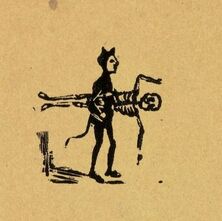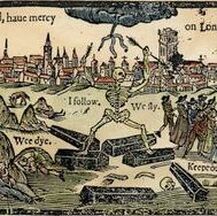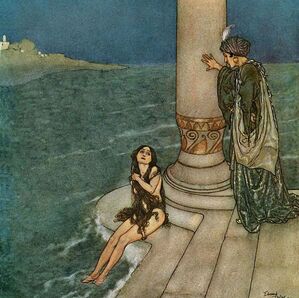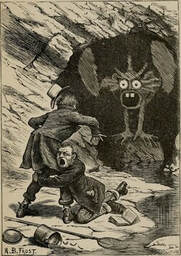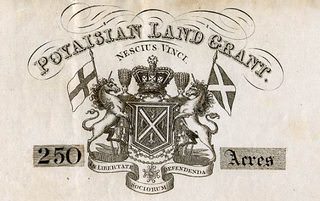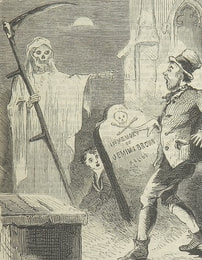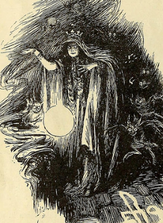|
0 Comments
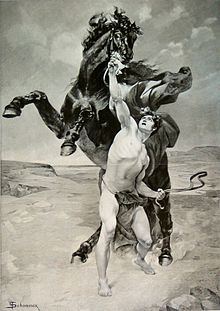
Today's modern economy allows those with resources to lavish love and attention on their pets. In 2017, the pet industry represented $96 billion in sales in the US alone. Countless hours are spent calming our anxiety by watching cute cat videos. Is this behavior so new and modern? In this episode, Lesley explores the ancient world and three case studies when an adored pet was lavished with unparalleled praise and opportunity -- our animals have always had a special meaning in our hearts.
Podcaster: Lesley 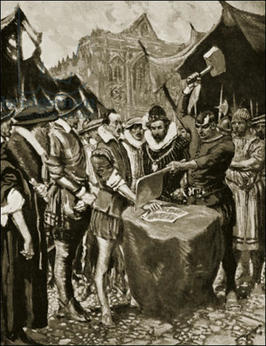
The arrival of the printing press on the scene of early modern Europe helped to spread seditious ideas that became the Protestant Reformation. Monarchs across Europe and beyond had to establish new policies governing regarding the publication and distribution of potentially dangerous ideas. In this episode, Lesley describes a few laws designed to keep information under control and shares what might happen when a printer ignored the law to publish radical, challenging ideas.
Podcaster: Lesley 
Serial killers can be fascinating subjects. The men who hunt strangers are terrifying and interesting studies of the human mind. Yet women in history have also killed, and in some cases they have killed in large, unexpected numbers. In this episode, Lesley discusses five lesser-known serial killers from throughout history and analyzes how the female motivations from the past may differ from the more famous serial killers of modern day.
Podcaster: Lesley 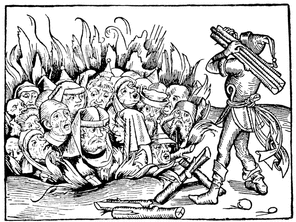
We've all seen movies burn witches at the stake. But how did England's lawmakers propose to punish these evil-doers? You might be surprised. This week, Lesley explores the various ways a sorcerer could be punished in early modern England.
Podcaster: Lesley 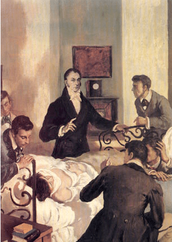
In the age before Anesthesia, what would you do with a pregnancy that would not end? Would you accept a doctor's diagnosis of death or would you press to find any possible treatment? Follow the story of Jane Todd Crawford, who traveled 60 miles by horseback to end a two-year "pregnancy"... and rode herself into the history books.
Podcaster: Lesley 
Datura is a beautiful flower found throughout India. It is also a minor poison which has a storied past in local folklore. How did locals use this plant in medicine and local conflict? Join us as we explore local tradition and crime through the eyes of British officials.
Podcaster: Lesley 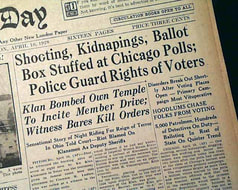
Many Americans are familiar with Al Capone's mobster rule over the city of Chicago during the Prohibition Era, but few know about his violent involvement in the so-called "Pineapple Primary." How far would Capone go to see his chosen man elected, and how many lives would be lost in the process?
Podcaster: Lesley 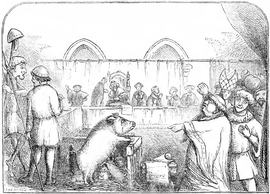
Humans and animals have developed a symbiotic relationship over the past 30,000 years. From the earliest domesticated dogs to sign-language speaking apes, animals have worked with humans throughout history. Yet the relationship is not always a positive one; predators and vermin make life very difficult. In this podcast, Lesley explores one innovative method of dealing with animals that make a nuisance of themselves: by bringing them up on charges in Court.
Podcaster: Lesley 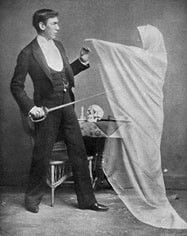
Last year we brought you History for Halloween, a trio of short true tales perfect for the spookiest of holidays. This year we're doing it again, so join us for a selection of stories spanning places from Oxford to Philadelphia that are sure to make you glad they didn't happen to you.
Podcasters: Christine, Elizabeth, Lesley, Lucy, and Nathan |
Site Map |
© 2013-2024 Footnoting History. All rights reserved.
Footnoting History and the Footnoting History logo
are trademarks of Footnoting History, NY. Footnoting History operates under a SAG-AFTRA Micro-Monetized Podcast Agreement. |


